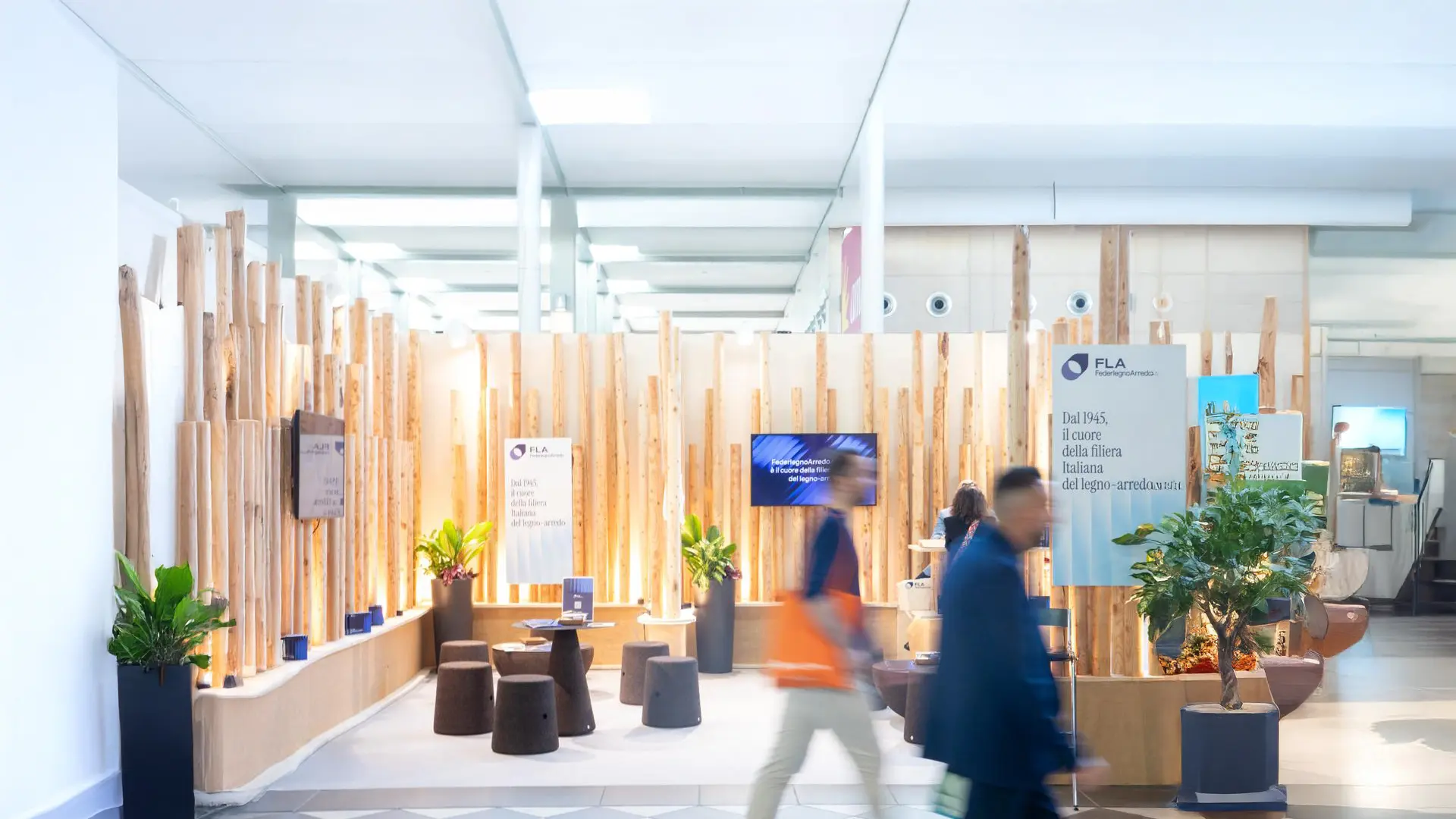For the third consecutive year, the Federation is taking part in the international fair on the circular economy. Helping to strengthen processes of value creation that are not just sustainable but also inclusive


The design economy as featured in Furniture Today, Milano Finanza, Biznes and Möbelmarkt

An overview of furniture sector consumption (and the relative trends) as discussed in the international press
At the end of January, Furniture Today reported that “Euromonitor International has released its outlook on emerging and fast-moving trends that are changing consumer values. For 2022, the strategic market research firm has identified 10 consumer segments in a report that examines their motivations and defining behaviors. They include: backup planners - wary of supply chain shortages, these consumers are looking for ways to purchase similar items or discovering creative solutions to obtain alternatives. Seeking locally sourced products and signing up for subscription services are among the moves they’re making; climate changers: driven by what Euromonitor describes as “eco-anxiety,” these consumers are making more sustainable product and lifestyle choices while also demanding action and transparency from brands.” (read the complete article on Furniture Today)
Along with typological trends, there is also coverage of the multinational PwC network’s research into economic trends: “despite the strong headwinds, largely caused by the ongoing Covid pandemic, Chief Executive Officers at global level haven’t been quite so optimistic in the last ten years about prospects for economic recovery as they have been for the coming one. This trend is also true of Italy: 89% of CEOs (77% worldwide) predict an improvement, while only 10% (15% worldwide) expect things to get worse. As regards Italy, expectations are for 19% growth in 2022 compared to last year, when it stood at 70%, while global forecasts are only up one point, at 77%. The findings come from PwC’s 25th Annual Global CEO Survey for which 4,446 CEOs in 89 different countries were interviewed, 123 of them in Italy, between October and November 2021.” (read the complete article on Milano Finanza)
This trend is not, however, entirely uniform throughout Europe: “75% of Poles – for example - are concerned about the impact of the pandemic on their finances. 22% of consumers declare an increase in funds for renovations and home improvements, and 23% of respondents declare a reduction in expenses. [...] The passing months of the pandemic could suggest that Poles have already moved from the initial stage of surprise to adapting to the requirements of the new reality. [...] Due to more time spent at home, a significant proportion of respondents increased their spending on home improvement and home improvement and entertainment. 22% of consumers declared an increase in funds for this area." (read the complete article on Biznes.meble.pl)
Lastly, Möbelmarkt Magazine, illustrates how "in the last two years of the global Corona crisis, the Austrian furniture industry has proven itself very well and demonstrated its strengths. With a high degree of flexibility, remarkable resilience and smart creativity, the companies mastered numerous challenges and found innovative solutions. In this way, the industry was able to deliver without major delays and prove itself to be a reliable partner. Despite a number of difficulties on the raw materials and procurement markets, domestic furniture manufacturers were able to maintain and even increase business. The Austrian furniture industry closed the first three quarters of 2021 with growth of 16 percent and generated production values of EUR 1,847.3 million.” (read the complete article on Möbelmarkt)










